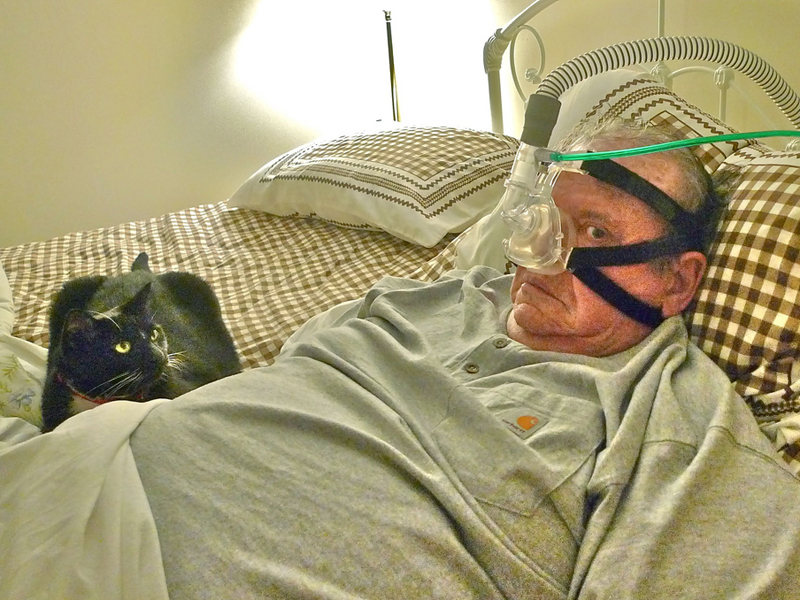CPAP for obstructive sleep apnoea improves quality of life and mood but has no effect on CVD
Continuous positive airway pressure for obstructive sleep apnoea improves quality of life and mood but has no effect on cardiovascular disease, a study has shown
Previous observational studies have hinted at a link between CPAP and lower rates of cardiovascular complications and death from cardiovascular causes.
However, the randomised trial, published in NEJM, failed to find any such relationship.
“This is by far the largest study that has ever been conducted in patients with sleep apnoea,” said lead researcher and sleep health specialist Professor Doug McEvoy from Flinders University.
“And it really demonstrates for the first time definite improvements in terms of mood, depression and anxiety.”
The international study followed 2717 adults between 45 and 75 years of age who had cardiovascular disease and moderate-to-severe obstructive sleep apnoea.
The individuals who used CPAP for an average of 3.3 hours per night were no less likely to suffer an adverse cardiovascular event than individuals who did not use CPAP during the 3.7-year study.
Specifically, the rates of myocardial infarction; stroke; hospitalisation for heart failure, acute coronary syndrome or transient ischaemic attack; or death from any cardiovascular cause were similar in both groups.
“What we did find, however, was that people who used CPAP who had cardiovascular disease had remarkably improved quality of life,” said Professor McEvoy.
“[They were] less sleepy in the day time, less depressed and they also required less time off work due to ill health,” he said.
Using CPAP was also associated with alleviated anxiety and depression. The percentage of patients with clinically relevant depression was 25% to 30% lower in the CPAP group than in the non-CPAP group at the end of the follow-up.
Patients with obstructive sleep apnoea suffered repeated oxygen deprivation events during the night, which in turn causes cognitive impairment, fatigue and altered mood, Professor McEvoy said.
The loud snoring associated with sleep apnoea in itself is a major problem for many families.
“With CPAP treatment, that is abolished,” said Professor McEvoy.
“So the benefit from treatment… is quite remarkable in terms of improvement of all of those symptoms, as we have shown in this study for this group of patients.”


